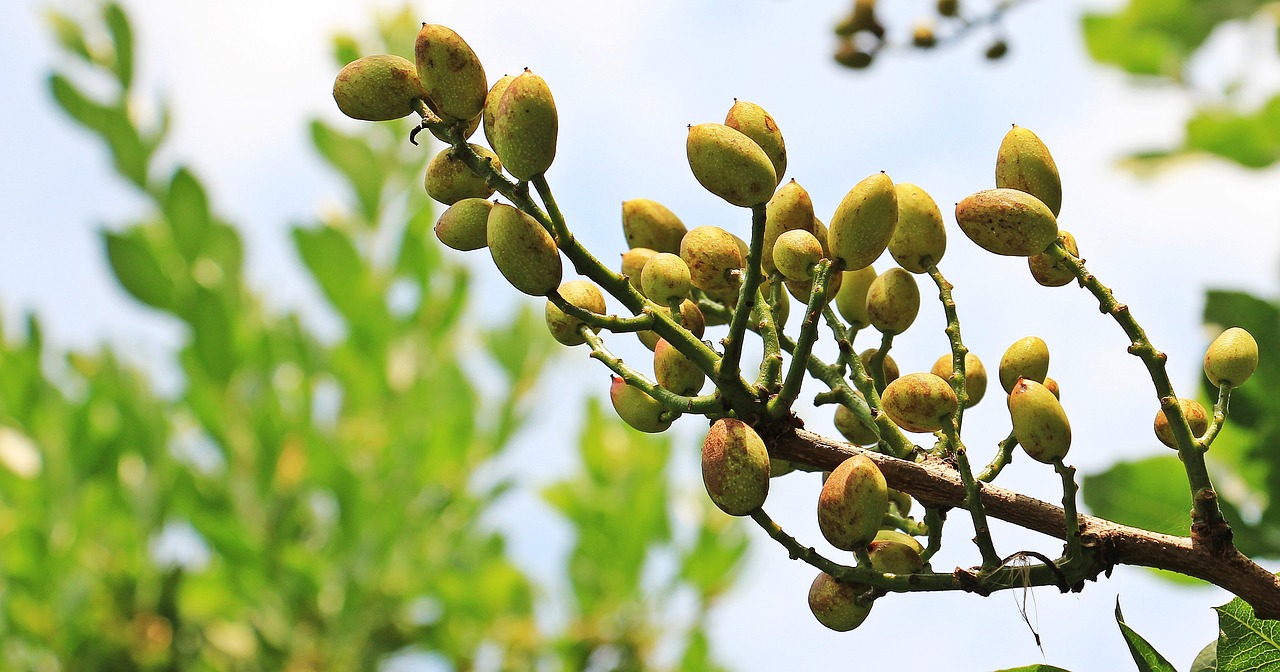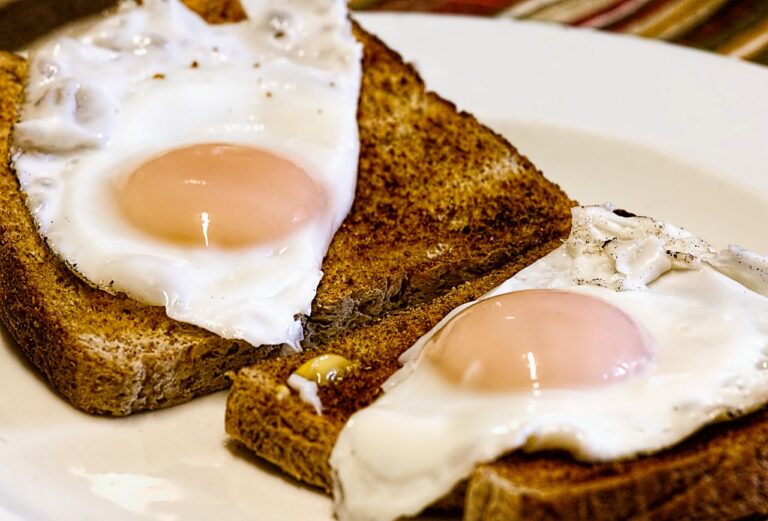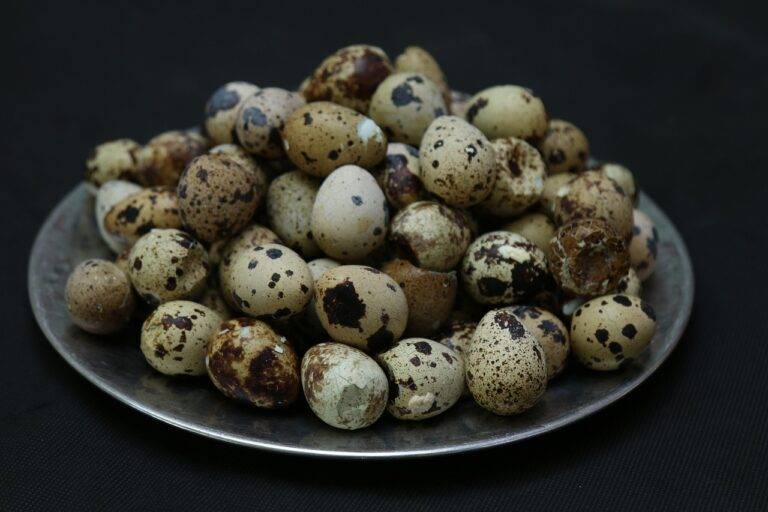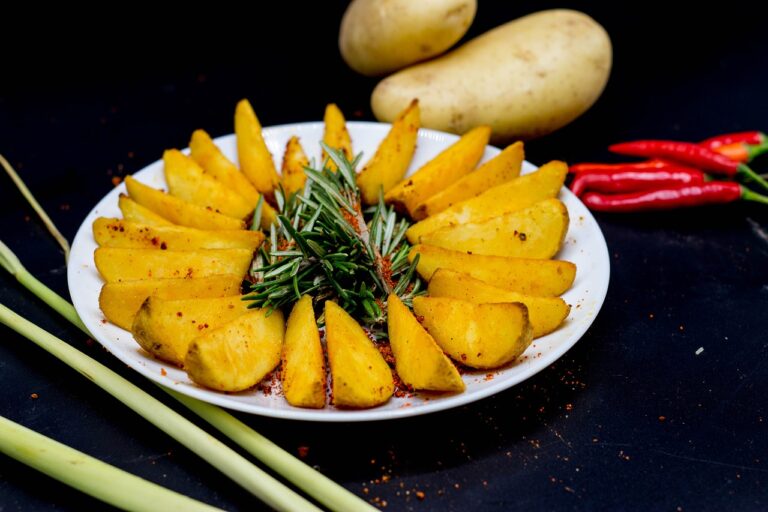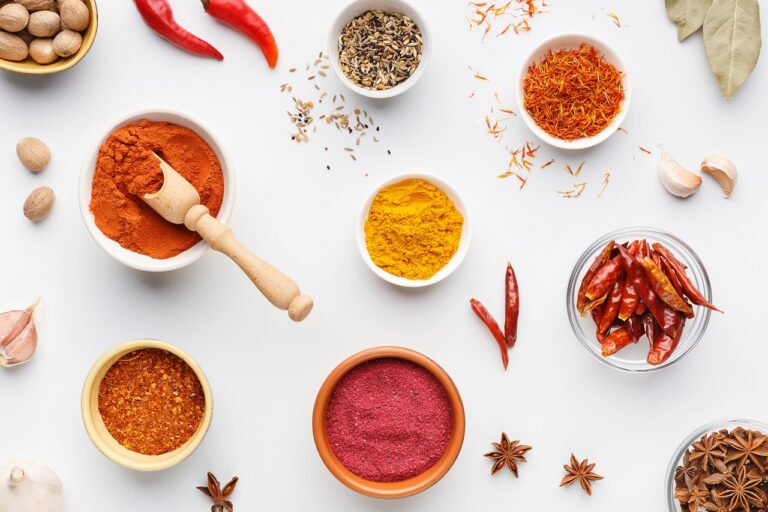Exploring the Link Between Fragrance and Cultural Identity
play 99 exchange, lotusbhai, playexch in login: Exploring the Link Between Fragrance and Cultural Identity
Have you ever caught a whiff of a familiar scent and instantly been transported back to a specific memory or moment in time? Our sense of smell is a powerful tool that has the ability to evoke a wide range of emotions and trigger memories we thought were long forgotten. But did you know that fragrance can also play a significant role in shaping our cultural identity?
In this blog post, we will delve into the fascinating link between fragrance and cultural identity, exploring how different scents can be deeply intertwined with our heritage, traditions, and sense of belonging.
The Power of Scent
Before we dive into the connection between fragrance and cultural identity, let’s first acknowledge the power of scent. Our sense of smell is intricately linked to the emotional center of our brain, making it one of the most primal and evocative senses.
Think about the smell of freshly baked bread, the salty ocean air, or the earthy aroma of wet soil after a summer rain. These scents have the ability to transport us to a specific time and place, triggering emotions and memories that are deeply ingrained in our subconscious.
Fragrance and Cultural Identity
Now, let’s explore how fragrance and cultural identity are intertwined. Every culture around the world has its own unique olfactory traditions and practices that have been passed down through generations. These scents are often deeply connected to rituals, ceremonies, and daily life, playing a crucial role in shaping a community’s sense of identity and belonging.
For example, in many Asian cultures, incense plays a central role in religious ceremonies and meditation practices. The soothing scent of sandalwood or jasmine incense not only creates a sacred atmosphere but also helps to connect individuals to their spiritual heritage and ancestors.
Similarly, in Middle Eastern cultures, fragrance is deeply ingrained in daily life, with the use of luxurious perfumes and oils dating back centuries. The rich and exotic scents of oud, rose, and musk are not just a way to smell good but are also a reflection of status, wealth, and tradition.
In Western cultures, fragrance is often used as a form of self-expression, with individuals selecting perfumes and colognes that align with their personal tastes and identities. Whether it’s a floral, citrusy, or woody scent, the fragrances we choose can say a lot about who we are and what we value.
Cultural Heritage and Tradition
Many traditional fragrances are deeply rooted in cultural heritage and tradition, serving as a tangible link to the past. For example, the use of frankincense and myrrh in Christian rituals dates back to biblical times, with these sacred scents symbolizing purity, spirituality, and divine presence.
In India, the ancient practice of Ayurveda incorporates the use of essential oils and herbal fragrances to balance the mind, body, and spirit. Sandalwood, jasmine, and patchouli are commonly used in Ayurvedic rituals to promote healing, relaxation, and overall well-being.
In Native American cultures, the burning of sage and sweetgrass is a sacred tradition that dates back thousands of years. These purifying scents are used in ceremonies and rituals to cleanse the spirit, ward off negative energies, and connect with the natural world.
The Globalization of Fragrance
In today’s interconnected world, the globalization of fragrance has led to a blending of cultural scents and traditions. Perfume houses and fragrance companies are increasingly incorporating exotic ingredients and traditional techniques from around the world, creating a diverse and multicultural olfactory landscape.
For example, the rising popularity of oud-based fragrances in Western markets is a testament to the growing appreciation for Middle Eastern scents. Oud, also known as agarwood, is a prized ingredient in perfumery that has been used in the Middle East for centuries. Its intense, woody aroma adds a touch of sophistication and mystery to modern perfumes, appealing to a global audience.
Similarly, the trend of incorporating traditional Asian ingredients such as yuzu, green tea, and cherry blossom in Western fragrances reflects a growing interest in Eastern olfactory traditions. These fresh and vibrant scents add a touch of exoticism and elegance to contemporary perfumes, appealing to consumers who seek a unique and culturally diverse sensory experience.
FAQs
Q: Can fragrance influence our perception of cultural identity?
A: Absolutely. Fragrance has the power to evoke memories, emotions, and cultural associations that can shape our sense of identity and belonging.
Q: How can I incorporate traditional scents into my daily life?
A: You can explore traditional scents through perfumes, incense, essential oils, and candles that feature ingredients and techniques from different cultures around the world.
Q: What role does fragrance play in rituals and ceremonies?
A: Fragrance is often used in rituals and ceremonies to create a sacred atmosphere, invoke spiritual connections, and enhance the overall sensory experience.
Q: How can I support and appreciate diverse cultural fragrances?
A: You can support diverse cultural fragrances by learning about the traditional scents and practices of different cultures, seeking out ethically sourced products, and showing respect for the cultural heritage behind each fragrance.
In conclusion, the link between fragrance and cultural identity is a complex and deeply personal connection that reflects our heritage, traditions, and values. By exploring the world of scent and embracing the diverse olfactory traditions of different cultures, we can gain a deeper appreciation for the power of fragrance in shaping who we are and where we come from. So next time you catch a whiff of a familiar scent, take a moment to savor the memories and stories that lie within.

